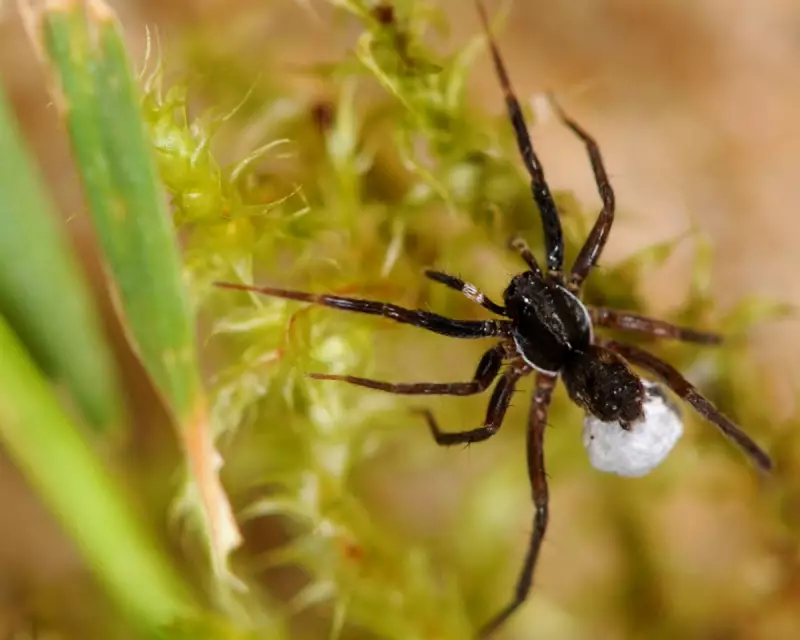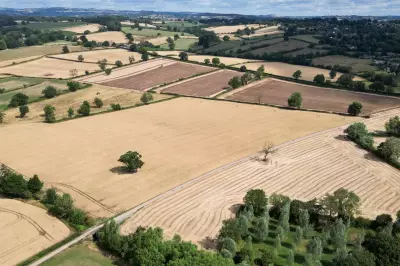
In a discovery that has sent ripples of excitement through the conservation community, a spider species thought to be lost to Britain for over fifty years has been dramatically rediscovered on the Isle of Wight. The White-knuckled wolf spider (Pardosa saltans), a creature shrouded in mystery and feared extinct, has been found thriving in its natural habitat.
A Ghost from the Past Reappears
The remarkable rediscovery was made by dedicated arachnologists during a routine survey of the island's diverse ecosystems. The last confirmed sighting of this elusive arachnid dated back to the 1960s, leading experts to believe it had vanished from the British landscape forever.
Dr. Tim Hopkins, one of the lead researchers on the project, described the moment of discovery as "utterly breathtaking." He explained, "To find a species that we had written off as extinct, living and breeding successfully, is the kind of moment conservationists dream of. It's like finding a living fossil."
Unique Characteristics of the Island's Newest Resident
The White-knuckled wolf spider earns its distinctive name from the male's unusual pale-coloured pedipalps, which resemble clenched white fists. These remarkable features are used in complex mating displays that have rarely been observed by scientists.
Unlike many spider species that build webs, this wolf spider is an active hunter, pursuing its prey across the ground with impressive speed and agility. Its rediscovery provides valuable insights into the health of the Isle of Wight's ecosystem.
Conservation Implications and Future Protection
The spider's unexpected return from ecological oblivion highlights the importance of continued habitat preservation and monitoring efforts. The discovery site, whose exact location is being kept confidential, represents a crucial stronghold for this vulnerable species.
Conservation organisations are now working together to develop a comprehensive protection strategy. This includes:
- Detailed habitat assessment and mapping
- Implementation of protective measures around the discovery site
- Long-term monitoring programmes to track population health
- Community engagement to raise awareness about local wildlife
The rediscovery serves as a powerful reminder that even in well-studied countries like Britain, nature still holds surprises waiting to be uncovered. It reinforces the critical importance of preserving diverse habitats and maintaining hope for species once considered lost.





